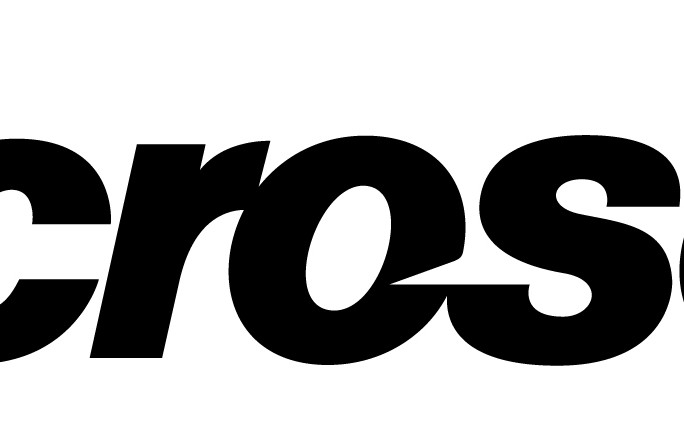HDD notebooks won’t yet feel the heat of Microsoft’s new Surface tablet PC

But they aren’t out of the danger zone yet
PCs with hard disk drives (HDD) as their main storage system will not be affected by the sluggish conventional notebook PC sales.
According to IHS, these notebooks will also ride the competitive wave being driven by Microsoft’s new Surface tablet PC, which will have a knock on effect on the notebook SSD market.
In its Storage Market Brief, the analyst house said that among all notebook PCs outfitted with either HDD or SSD as their storage media, models with hard disks larger than 500 gigabytes (GB) and priced from $450 to $550 accounted for the biggest share of the market in the first quarter, at 32 percent.
The second-biggest segment of 26 percent belonged to notebooks integrating hard disk drives larger than 320GB and priced between $350 and $450. Only three percent of the market belonged to 128GB SSD laptops or very high-end HDD notebook PCs both priced above $900.
Fang Zhang, analyst for storage systems at IHS, said: “The market-share rankings show that SSD-based notebook PCs like Apple Inc.’s MacBook Air presently pose no threat to the much larger universe of HDD-based mobile PCs.
“SSD-equipped notebooks are faster, more lightweight and sport a thinner profile—some of the characteristics that make them popular and desirable to consumers—but they are also more expensive and feature less overall storage space. The price of a MacBook Air with just a 64GB solid state drive can reach $999, while an HDD-based notebook PC at that price can boast significantly larger storage space.”
IHS pointed out that although the recent market-share rankings did not take into account the influence of the yet-to-be-released Surface tablet PC from Microsoft, because the tablet was set to launch in the third quarter, its appearance would be too late to have any significant negative impact on the notebook PC market in 2012.
It added that the consumer tablet version of the Surface, dubbed RT, featured only 32GB to 64GB of SSD space, which was too small to run against conventional notebook PCs. However, the the Pro version of the Surface, whose SSD storage of 64GB to 128GB SSD means the tablet could be used as a functional PC, could pose a threat, the company said.
It added that the HDD-based notebook PC space could also come under fire should the price of either SSD-equipped notebooks or the Surface tablet PC fall below $700.
However, the market isn’t safe, with IHS adding that although the threat potential from the Surface was more uncertain at this point given that no firm pricing for the device was yet available, the same price ceiling of $700 applied, and notebook PCs in general could very well feel the competitive heat of the tablet PC.